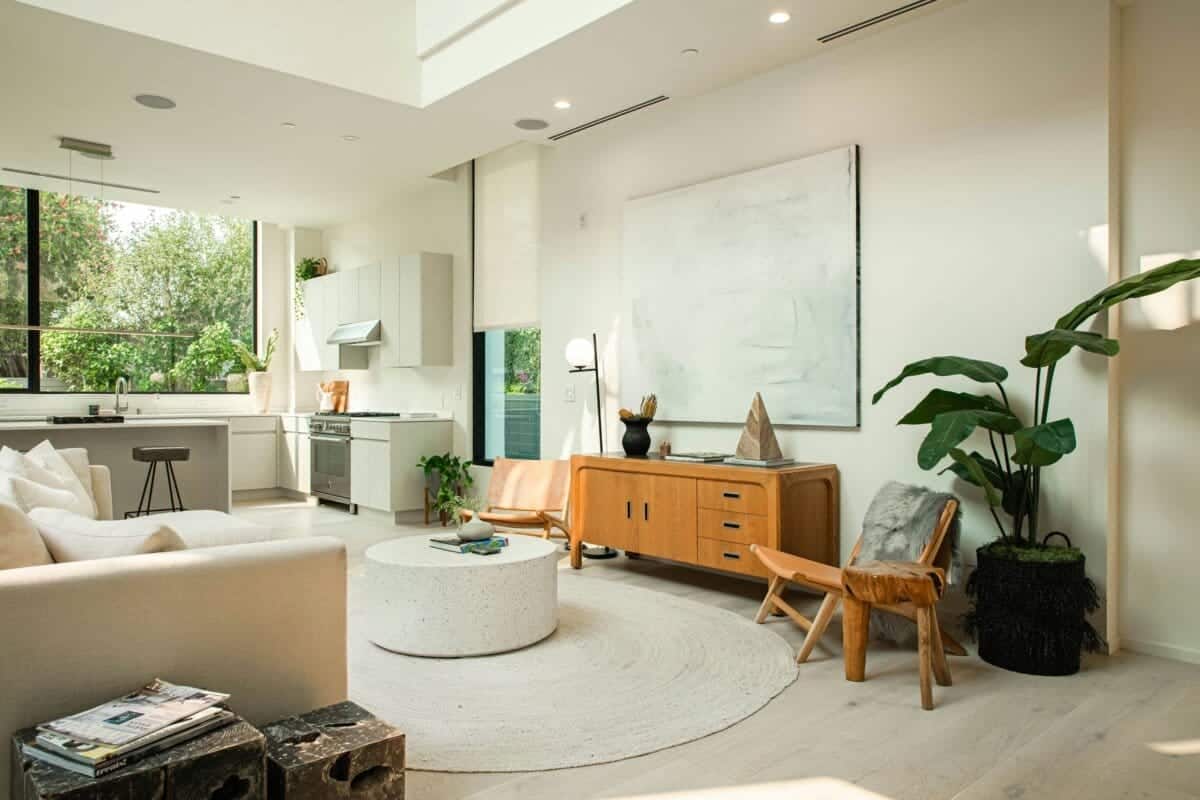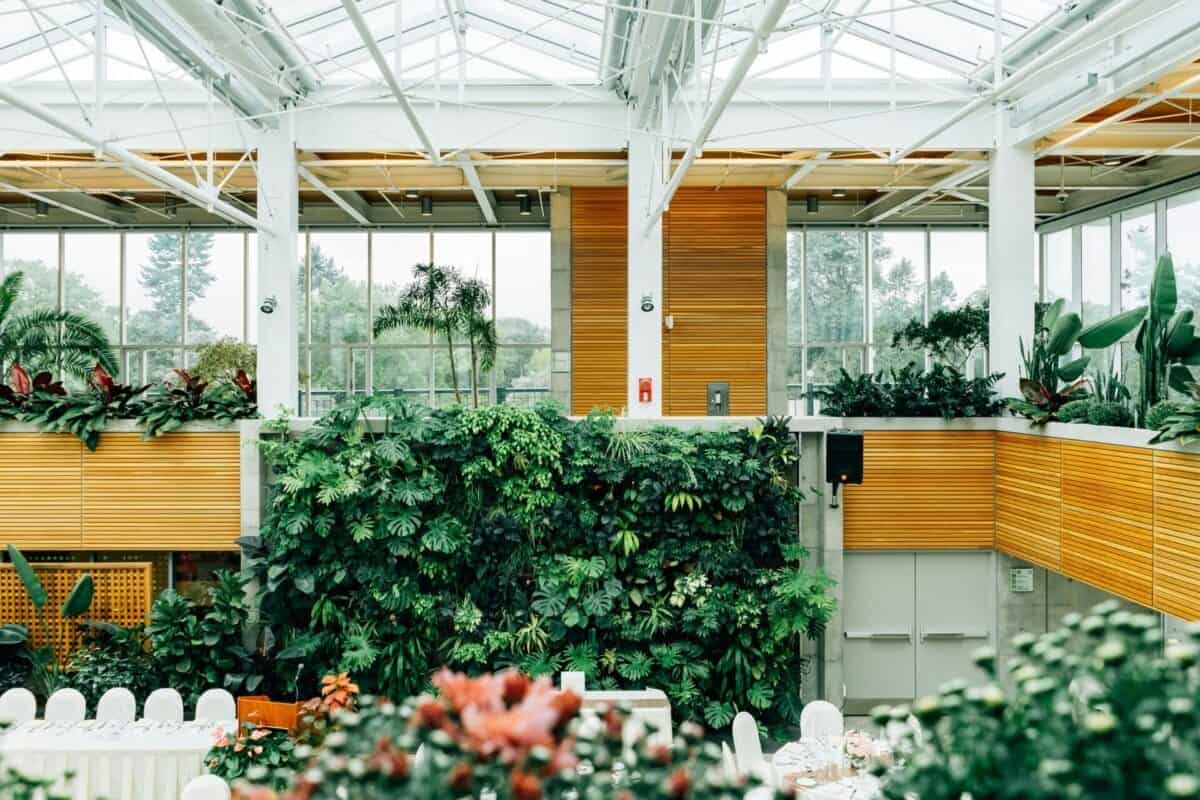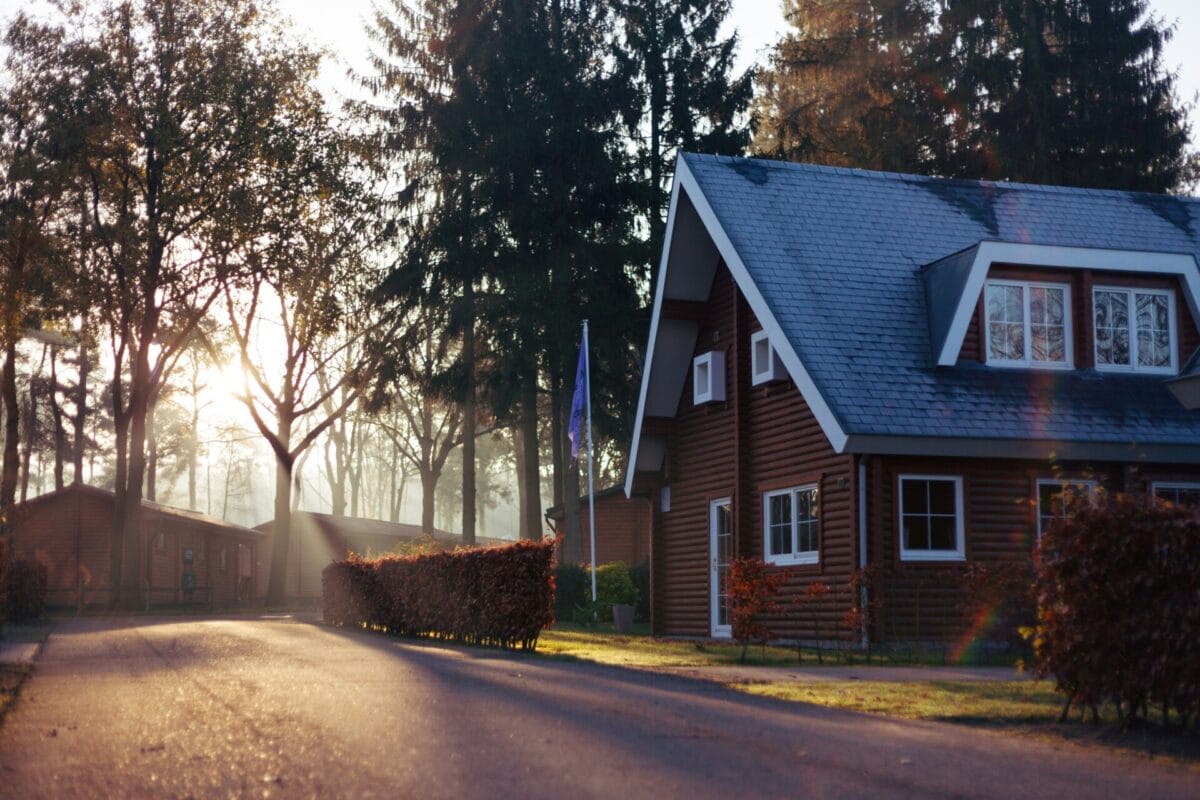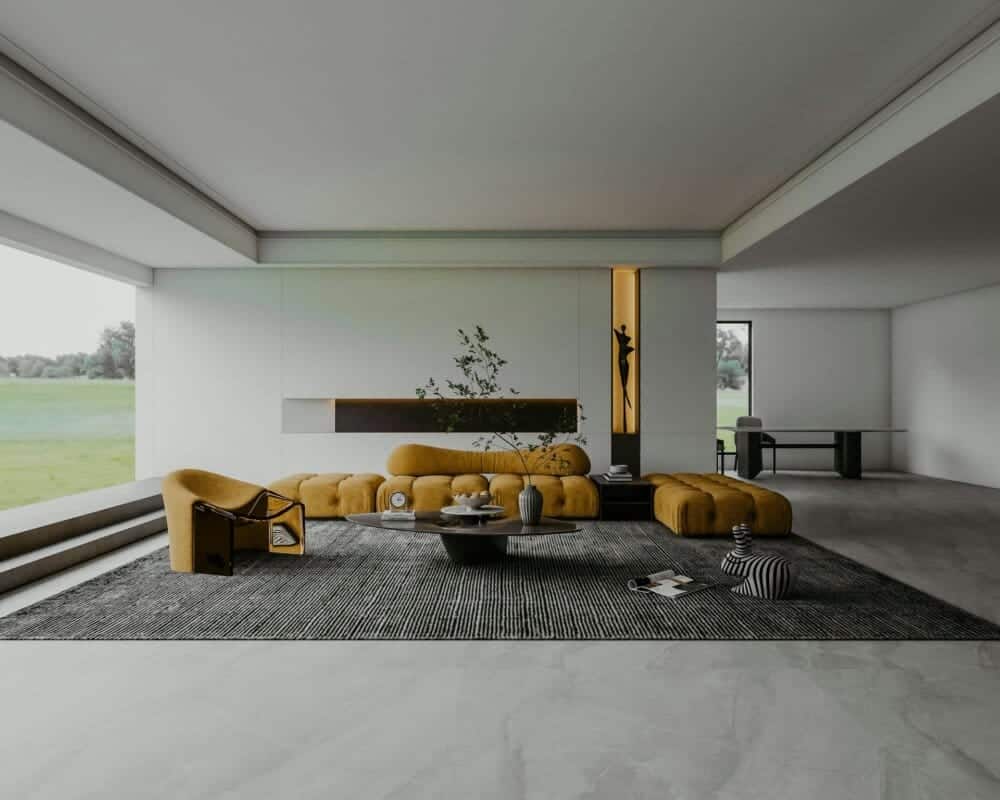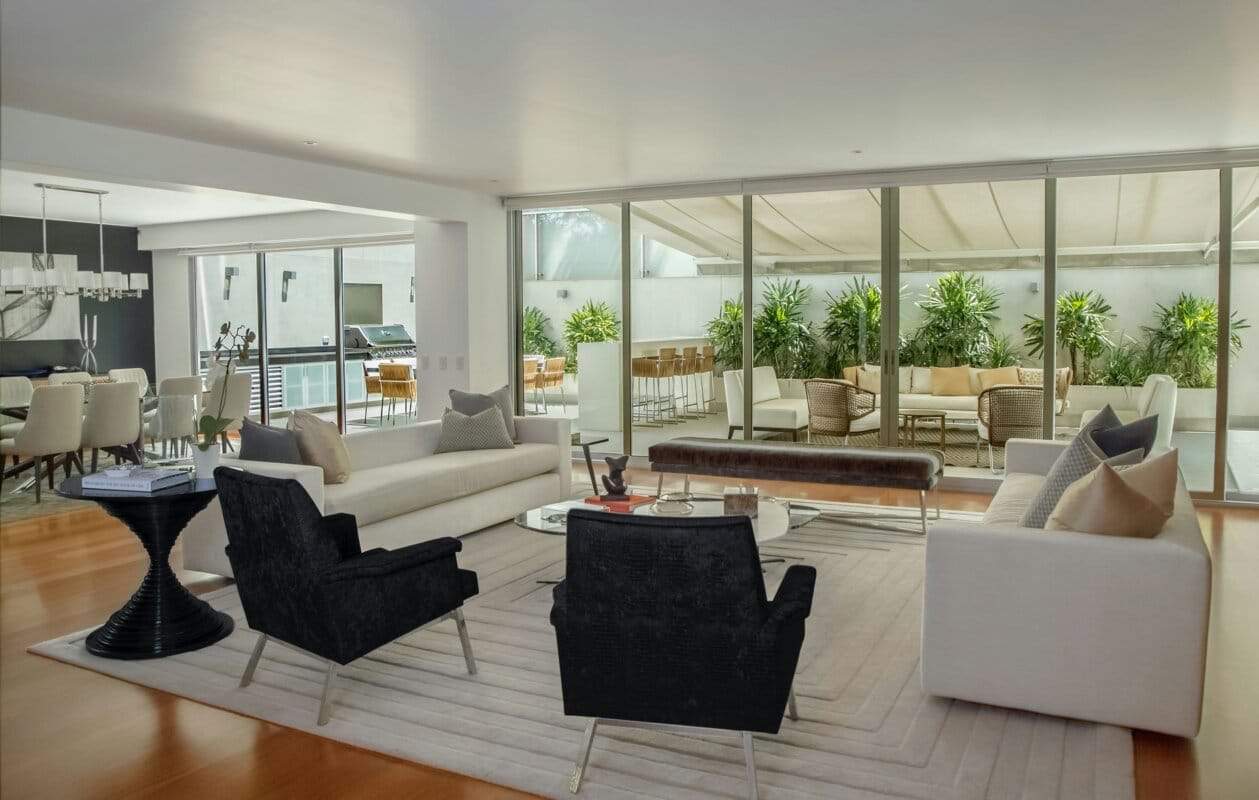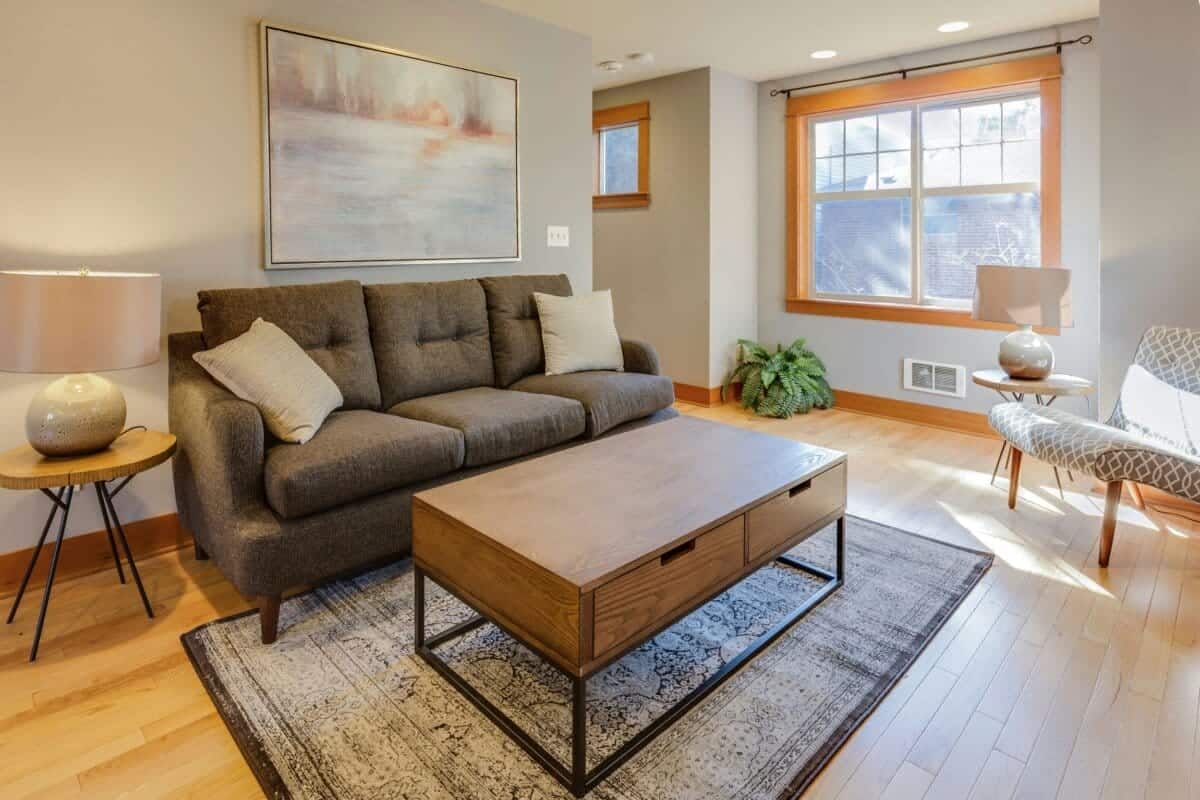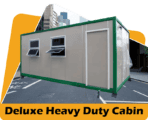
Blog
Pros and Cons of Container Houses in Malaysia
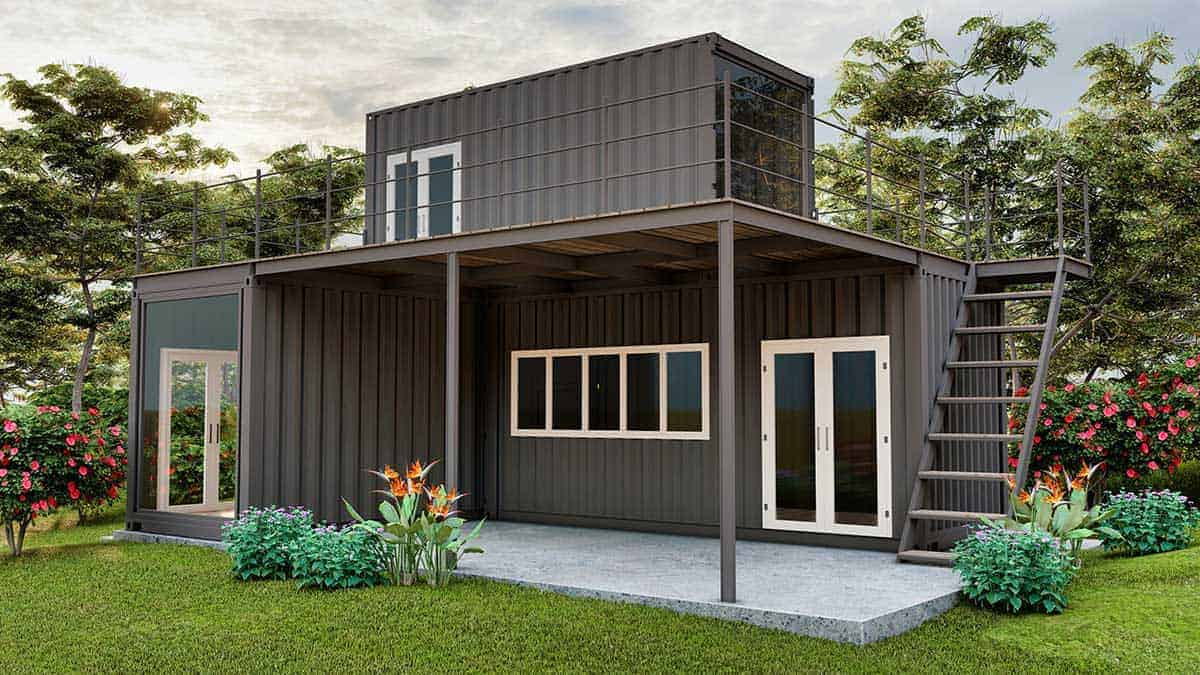

Pros and Cons of Container Houses in Malaysia
Table of Contents
- Introduction
- Affordability
- Sustainability
- Versatility
- Aesthetics
- Durability
- Mobility
- Construction Time
- Insulation and Energy Efficiency
- Space Limitations
- Building Regulations
- Maintenance
- Security
- Noise and Thermal Control
- Cost Comparison with Traditional Houses
- Community Acceptance
- Future Expansion Possibilities
- Conclusion
- FAQs
Introduction
Container houses have become a popular housing option in Malaysia, offering an alternative and affordable solution for individuals and families. This article explores the pros and cons of container houses in Malaysia, examining various aspects such as affordability, sustainability, versatility, aesthetics, and more. By understanding these factors, potential homeowners can make an informed decision regarding container houses as a viable housing option.
1. Affordability
Container houses provide a cost-effective housing solution in Malaysia. The availability of shipping containers and their relatively low cost make them an attractive option for individuals on a tight budget. By repurposing these containers, the overall construction expenses are significantly reduced, allowing individuals to save money on materials and labor.
2. Sustainability
One of the major advantages of container houses is their eco-friendliness. By repurposing shipping containers, we contribute to sustainable living by reducing waste and minimizing the need for new resources. Container homes can be built using recycled materials, which aligns with the principles of environmental conservation. Additionally, container houses offer the flexibility to incorporate energy-efficient features such as solar panels and rainwater harvesting systems, further reducing their environmental impact.
3. Versatility
Container houses provide a high level of versatility in terms of design and functionality. These modular structures can be easily modified and expanded according to the homeowner’s needs. Whether used as residential homes, office spaces, or even retail stores, container houses offer adaptability to different purposes. They can be stacked or joined together, creating unique configurations that suit individual preferences.
4. Aesthetics
Container houses have a distinctive industrial aesthetic that appeals to many people. The clean lines, minimalist design, and modern appeal of these structures create a unique and stylish living space. With creative interior and exterior finishes, container houses can be transformed into visually appealing homes that reflect the owner’s personal taste and style.
5. Durability
Shipping containers are built to withstand harsh weather conditions and heavy transportation. As a result, container houses exhibit excellent durability. They are resistant to wind, water, and pests, providing long-term structural integrity. In a country like Malaysia, where tropical storms and high humidity are common, the durability of container houses is a significant advantage.
6. Mobility
Container houses offer the advantage of mobility. They can be easily transported to different locations, making them suitable for individuals who frequently move or desire a portable housing solution. This mobility factor provides flexibility and the ability to adapt to changing circumstances or personal preferences.
7. Construction Time
Compared to traditional construction methods, container houses can be built relatively quickly. Since a major portion of the structure is pre-fabricated, the construction process is streamlined. This leads to shorter project timelines, allowing homeowners to move into their container houses sooner.
8. Insulation and Energy Efficiency
Container houses may face challenges when it comes to insulation and energy efficiency. The steel walls of shipping containers conduct heat, resulting in temperature fluctuations. However, with proper insulation and the addition of energy-efficient features, such as double-glazed windows and insulation panels, these issues can be addressed. By investing in high-quality insulation materials, homeowners can improve the energy efficiency of their container houses.
9. Space Limitations
While container houses offer compact living spaces, they may pose challenges in terms of size and layout. The dimensions of shipping containers limit the available floor area, making it necessary to plan and utilize space efficiently. Creative interior design and efficient storage solutions can help maximize the limited space, ensuring that container houses remain comfortable and functional.
10. Building Regulations
It is essential to consider building regulations and codes when planning to construct a container house in Malaysia. Local authorities may have specific requirements that need to be met, such as obtaining permits and approvals. It is crucial to consult with relevant authorities and ensure compliance with all necessary regulations to avoid legal issues in the future.
11. Maintenance
Container houses require regular maintenance to ensure their longevity. Due to their steel structure, proper rust prevention measures must be implemented. Additionally, regular inspections of the roofing, plumbing, and electrical systems are necessary to identify and address any potential issues promptly. By conducting routine maintenance, homeowners can extend the lifespan of their container houses.
12. Security
Container houses can be vulnerable to break-ins if proper security measures are not in place. Reinforcing doors and windows, installing security systems, and considering the location of the container house are essential factors to enhance security and provide peace of mind. By investing in reliable security features, homeowners can protect their container houses and their belongings effectively.
13. Noise and Thermal Control
Container houses may experience challenges in terms of noise insulation and thermal control. The steel walls of shipping containers are thin, allowing sound to pass through easily. Similarly, the conductive properties of steel can result in heat transfer. However, by incorporating soundproofing materials and insulation, these issues can be mitigated. Using insulation panels, double-glazed windows, and weatherstripping can significantly improve noise reduction and thermal insulation within container houses.
14. Cost Comparison with Traditional Houses
When considering container houses as a housing option, it is important to compare their costs with those of traditional houses. While container houses offer affordability in terms of construction, it is essential to evaluate long-term costs, including maintenance, utility bills, and potential modifications. By conducting a thorough cost comparison, individuals can make an informed decision based on their financial capabilities and future expectations.
15. Community Acceptance
The acceptance of container houses within communities can vary. Some neighborhoods and housing developments may have restrictions or regulations that limit the use of container houses. Before investing in a container house, it is crucial to consider the community’s acceptance and ensure that the chosen location allows for such housing structures.
16. Future Expansion Possibilities
Container houses provide the flexibility to accommodate future expansion. As needs change or the family grows, additional containers can be added to increase living space. This adaptability allows homeowners to stay in their container houses for the long term without compromising their comfort or lifestyle.
Conclusion
Container houses offer a range of advantages and disadvantages for homeowners in Malaysia. They provide affordability, sustainability, versatility, and durability. However, challenges such as limited space, insulation concerns, building regulations, and community acceptance should be considered. By carefully weighing the pros and cons, individuals can determine if container houses align with their lifestyle and housing needs.
FAQs
- Are container houses more affordable than traditional houses?Container houses are generally more affordable than traditional houses. The cost savings come from repurposing shipping containers and reducing the need for new construction materials.
- Can container houses withstand extreme weather conditions?Yes, container houses are designed to be durable and can withstand various weather conditions, including strong winds and heavy rain.
- Do container houses require special permits to be constructed?Yes, it is important to consult local authorities and obtain the necessary permits and approvals before constructing a container house. Building regulations may vary depending on the location.
- Can container houses be customized to fit individual preferences?Yes, container houses offer versatility in design and can be customized to fit individual preferences. They can be modified, expanded, and tailored to suit specific needs and aesthetic preferences.
- Are container houses a sustainable housing option?Yes, container houses are considered a sustainable housing option as they promote recycling and reduce the demand for new construction materials. By repurposing shipping containers, they contribute to reducing waste and minimizing environmental impact.
- How do container houses compare in terms of energy efficiency?Container houses may require additional insulation to improve energy efficiency. By incorporating insulation materials, double-glazed windows, and energy-efficient features, container houses can achieve better thermal control and energy efficiency.
- Are there any restrictions on container houses in certain areas?Yes, certain areas or housing developments may have restrictions or regulations regarding container houses. It is important to check with local authorities and ensure compliance with building codes and regulations before constructing a container house.
- Can container houses be expanded in the future?Yes, container houses offer flexibility for future expansion. Additional containers can be added to increase living space as needs change or the family grows.
- What maintenance is required for container houses?Regular maintenance is required for container houses to ensure their longevity. This includes rust prevention measures, inspections of roofing, plumbing, and electrical systems, as well as addressing any issues promptly.
- How secure are container houses?Container houses can be made secure by reinforcing doors and windows, installing security systems, and choosing a safe location. These measures help protect the container house and its occupants.
- Can container houses be financed through mortgages or loans?Financing options for container houses may vary depending on the lender and local regulations. It is advisable to consult with financial institutions to explore available options for financing a container house.
- Are there professionals experienced in building container houses in Malaysia?Yes, there are professionals and companies in Malaysia that specialize in designing and constructing container houses. It is recommended to engage experienced professionals for a successful container house project.
- How do container houses compare in terms of resale value?Container houses can have varying resale values depending on factors such as location, condition, and market demand. It is advisable to consult with real estate professionals for an accurate assessment of resale value.
- Can container houses be used for commercial purposes?Yes, container houses can be repurposed for commercial use, such as retail stores, offices, or cafes. Their versatility allows for creative and unique commercial spaces.
- Are there any limitations on the design of container houses?While container houses offer design flexibility, there may be limitations based on building regulations and structural considerations. Consulting with architects and professionals can help overcome design limitations and create a functional and appealing container house.
With their affordability, sustainability, and versatility, container houses offer a unique housing option in Malaysia. By understanding the pros and cons outlined in this article, individuals can make informed decisions when considering container houses as their preferred housing solution.
Desain Rumah Kabin
Rumah Kabin Kontena
Harga Rumah Kabin
Kos Rumah Kontena
Rumah Kabin 2 Tingkat
Rumah Kabin Panas
Rumah Kabin Murah
Sewa Rumah Kabin
Heavy Duty Cabin
Light Duty Cabin

